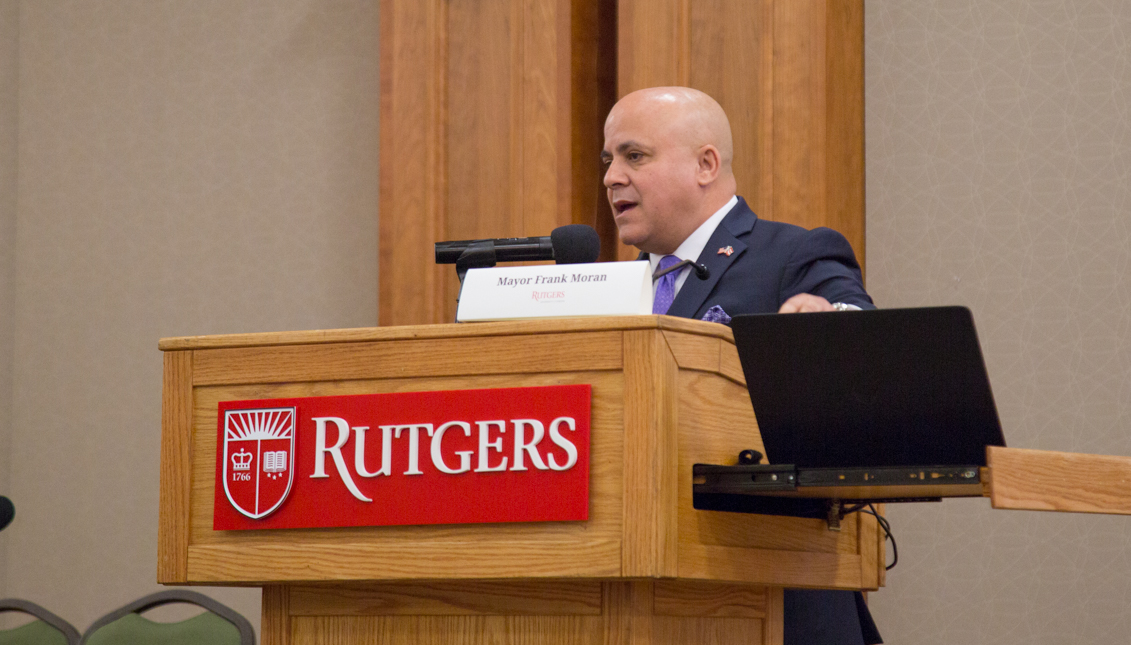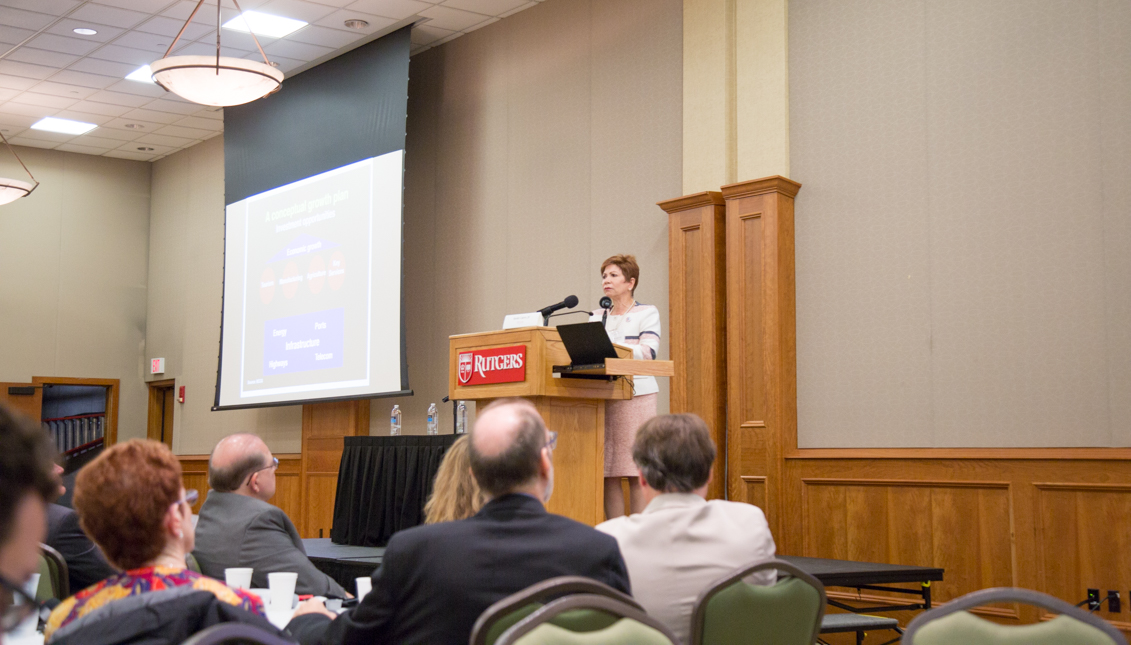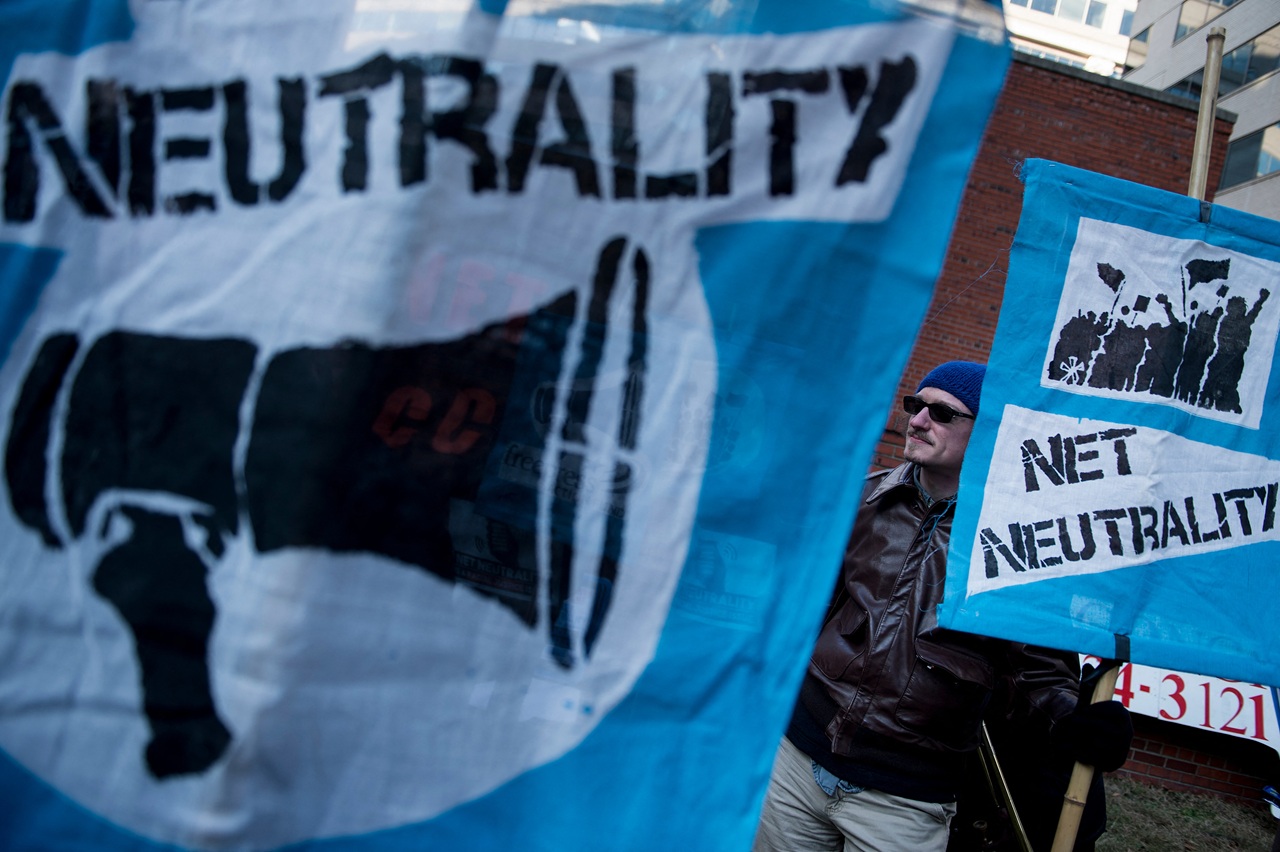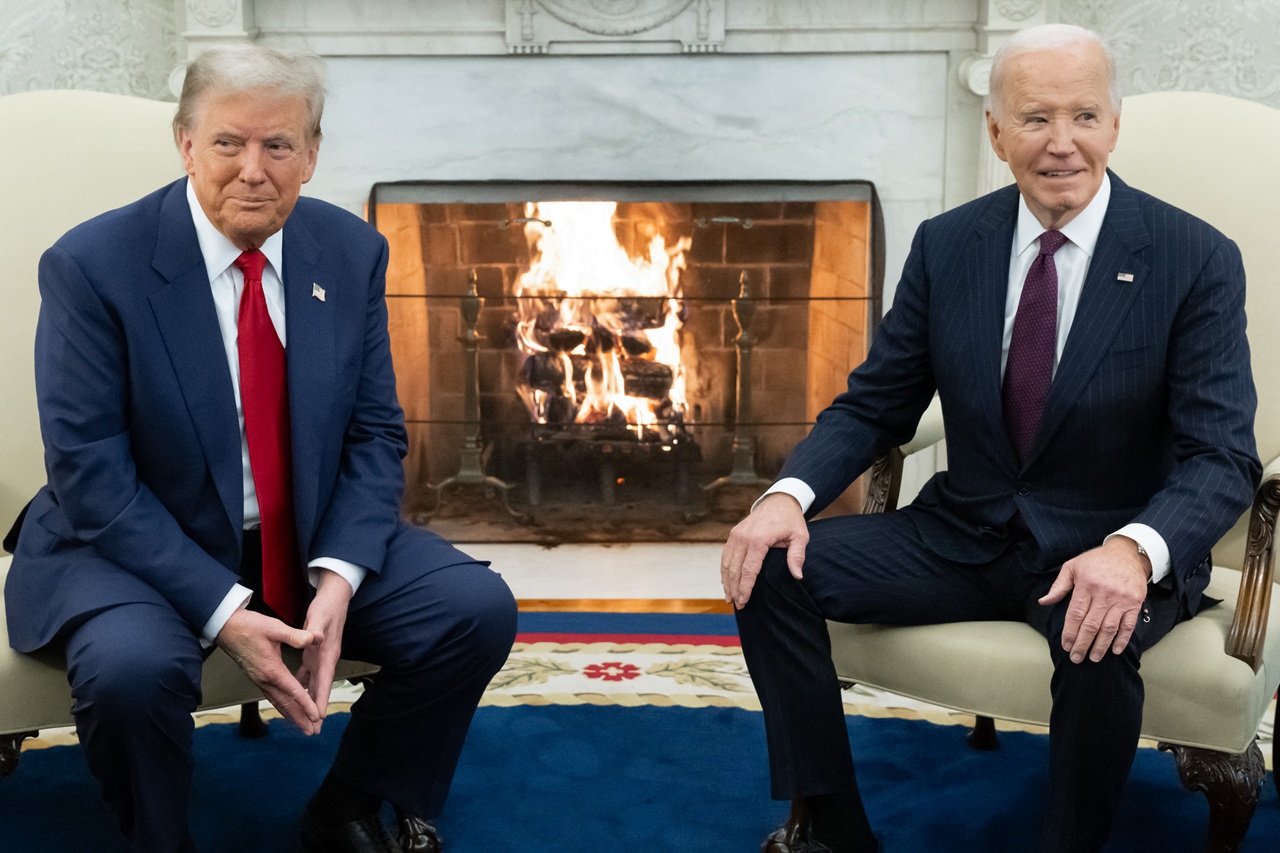
An American tragedy: How can Puerto Rico rebuild after Maria?
The more than 1,000 fatalities and $94 billion in damage Hurricane Maria left in its wake as it tore across the island of Puerto Rico on Sept. 20, 2017, is an American tragedy made all the more devastating by the fact that nearly 50 percent of Americans don’t recognize as their own.
At a conference Friday titled “A Call to Action: Future Challenges for a New Puerto Rico,” at the Rutgers-Camden University campus, Rutgers professor and co-host of Democracy Now! Juan González cited a poll conducted in the week after Hurricane Maria devastated the island that found that 46 percent of Americans are unaware of the fact that Puerto Ricans are American citizens.
This kind of public ignorance, González said, “makes compassionate, humane, and just solutions to the island’s current crisis even more difficult.”
González was among the many academics, professionals, and other experts who gathered to discuss what some of those compassionate, humane solutions that could shape Puerto Rico’s future might be at the March 30 symposium, which was sponsored by Rutgers-Camden University, the Center for Puerto Rico, and LEAP Academy University School, among others.
The day’s speakers included Camden Mayor Frank Moran, a Puerto Rican who stepped in when San Juan Mayor Carmen Yulín Cruz Soto, who was originally scheduled to speak, was unable to make it to the event, among several other expert economists, academics, journalists, policymakers, and activists, among others.
González, who is himself Puerto Rican and has been a long time activist for Puerto Rico in the U.S., said that it’s no surprise that it took a natural disaster of the unprecedented proportions of Hurricane Maria to get the situation of Puerto Rico on the country’s radar.
“Unfortunately it almost always takes a crisis to get the American public to focus its gaze on the plight of 3.4, now 3.3 million of their fellow citizens on the island, or to stop viewing Puerto Rico through the same stereotypical lens of either sun-drenched tourist destination or an economic dependency and welfare basket case,” González said.
González and other speakers emphasized that Hurricane Maria, as devastating as it has been, is not the only crisis currently affecting Puerto Rico. According to González, the island is now experiencing “a humanitarian catastrophe unprecedented in the history of any jurisdiction under the American flag” thanks not only to Hurricane Maria, but also due to “decades of economic stagnation which is a direct result of the structural problems of [Puerto Rico’s] colonial relationship with the United States and the island’s current budgetary debt crisis of over 70 billion dollars.
For change to happen, said González, the important role of the Puerto Rican diaspora is significant, citing the fact that today five eighths of the entire Puerto Rican population lives on the mainland of the United States, which equals over 5 million people.
“We cannot really fashion a lasting solution unless we really grasp the structural basis of the problem,” said González, explaining that the “current existing relationship between Puerto Rico and the United States has run its course and something new has to be developed.”
Heidie Calero, JD and president of H. Calero Consulting Group, Inc., Puerto Rico has been living through its darkest time, in both a literal sense — as 250,000 people are still without electricity — and figurative, with the private sector’s doubt that Puerto Rico can recover, a lack of resources and efficiency in terms of governance, and a continued diaspora that is leaving the future of Puerto Ricans on the island itself hazy.
CONTENIDO RELACIONADO

However, according to Calero, there are opportunities that recovery from Maria presents that Puerto Rico can take advantage of.
“We need a lot of investment in infrastructure, in industrial buildings, in machinery and equipment - that’s the heart to really produce growth in the island,” Calero said, explaining that Puerto Rico already has significant resources that it can leverage for its own benefit.
Though the conference did not produce definitive answers for how to shape Puerto Rico’s future, it was a step toward envisioning a new reality, illuminating the many challenges Puerto Rico is continuing to face, and the ways in which the Puerto Rican people on the island and on the mainland can join together to rebuild.










DEJE UN COMENTARIO:
¡Únete a la discusión! Deja un comentario.